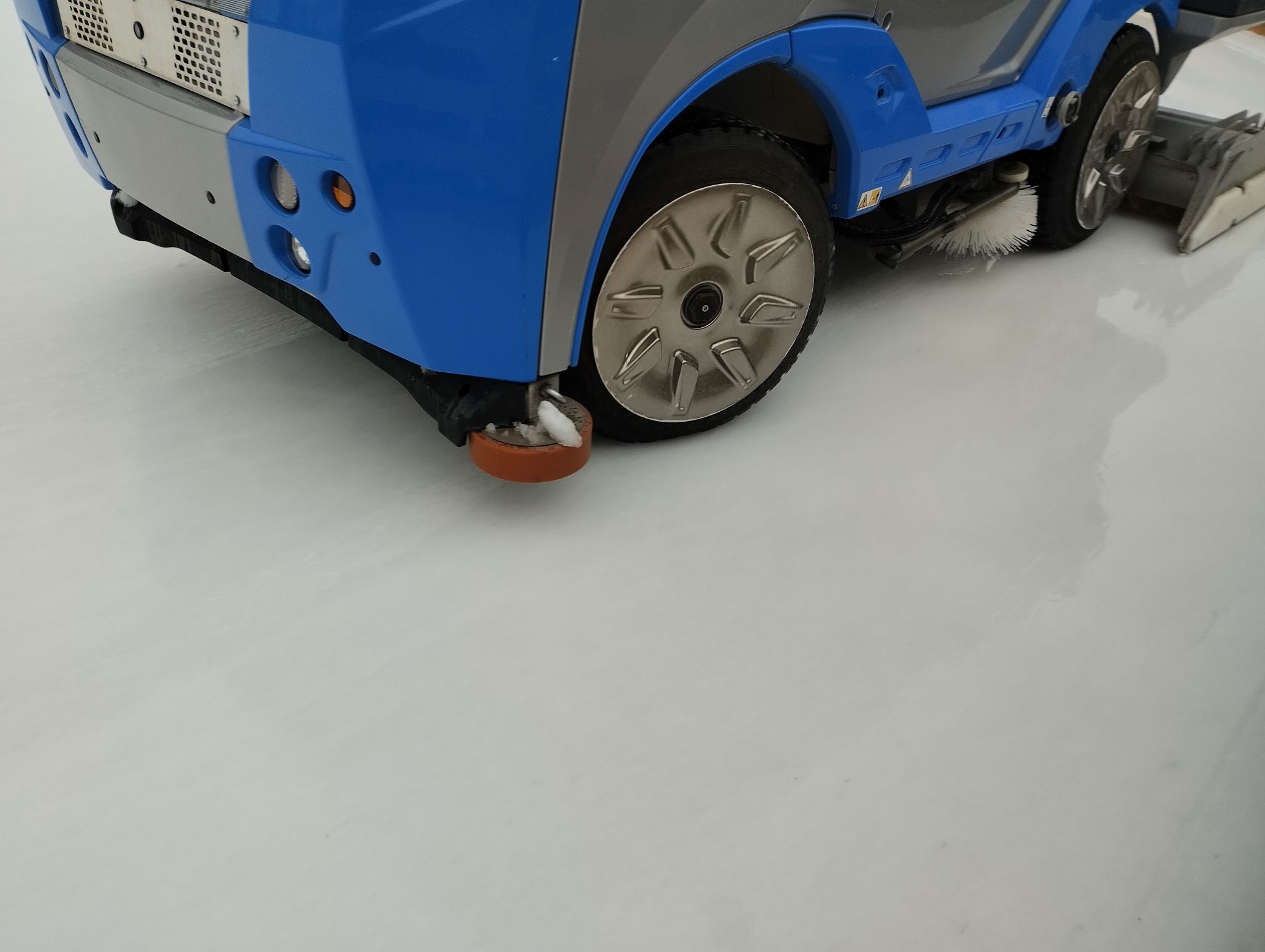Seasonal Maintenance: Preparing Your Vehicle for Winter Weather
Importance of Winter Vehicle Maintenance
As the colder months approach, ensuring your vehicle is ready for winter weather conditions becomes crucial. Snow, ice, and freezing temperatures can all take a toll on your car, leading to potential breakdowns or unsafe driving conditions. By taking some time to prepare your vehicle, you can help ensure your safety and maintain the performance of your vehicle throughout the season.

Check Your Tires
Tires are one of the most critical components of your vehicle when dealing with slippery winter roads. Ensure that your tires have adequate tread depth and are properly inflated. It might also be wise to consider switching to winter tires, which are designed to provide better traction and performance in snow and ice.
To check the tread depth, use the penny test: insert a penny into the tread groove with Lincoln’s head upside down. If you can see all of Lincoln’s head, it's time to replace your tires. Additionally, check the tire pressure regularly, as cold weather can cause it to drop.
Battery and Electrical System
Cold weather can be particularly taxing on your vehicle's battery. Before winter hits, have your battery tested to ensure it's in good condition. If your battery is more than three years old, consider replacing it to avoid any unexpected failures during harsh weather.
Also, inspect your electrical system, including the lights and signals, to ensure they’re functioning properly. Visibility can be severely reduced in winter conditions, making it essential for all lights to be working correctly.

Fluids and Wipers
Ensuring that all fluid levels are adequate is vital for winter vehicle maintenance. Check the levels of engine oil, antifreeze, brake fluid, and windshield washer fluid. It’s advisable to switch to a winter-grade oil if you live in an area with extremely low temperatures.
Windshield wipers should also be inspected and replaced if they show signs of wear. Consider using winter wipers that are designed to handle ice and snow more effectively. Additionally, use a windshield washer fluid that is rated for low temperatures to prevent freezing.
Brakes and Suspension
Your vehicle’s braking system is crucial for safe driving in winter conditions. Have your brakes inspected by a professional to ensure they’re in good working order. Pay attention to any signs of wear or issues such as squeaking or grinding noises.

Additionally, check the suspension system as it affects your vehicle's handling on icy roads. Look for signs of wear or damage, such as leaking shocks or struts, which could impact your car's stability.
Emergency Kit
Finally, prepare an emergency kit to keep in your vehicle throughout the winter months. This kit should include essential items such as:
- Warm blankets and clothing
- A first-aid kit
- Non-perishable food and water
- A flashlight with extra batteries
- A snow shovel and ice scraper
- Jumper cables
- A spare tire and tools
Having these items on hand can make a significant difference if you encounter problems while driving in adverse conditions.
By taking these steps to prepare your vehicle for winter weather, you can enjoy peace of mind knowing that you’re ready for whatever challenges the season may bring. Regular maintenance not only ensures safety but also prolongs the life of your vehicle, making it a worthwhile investment.